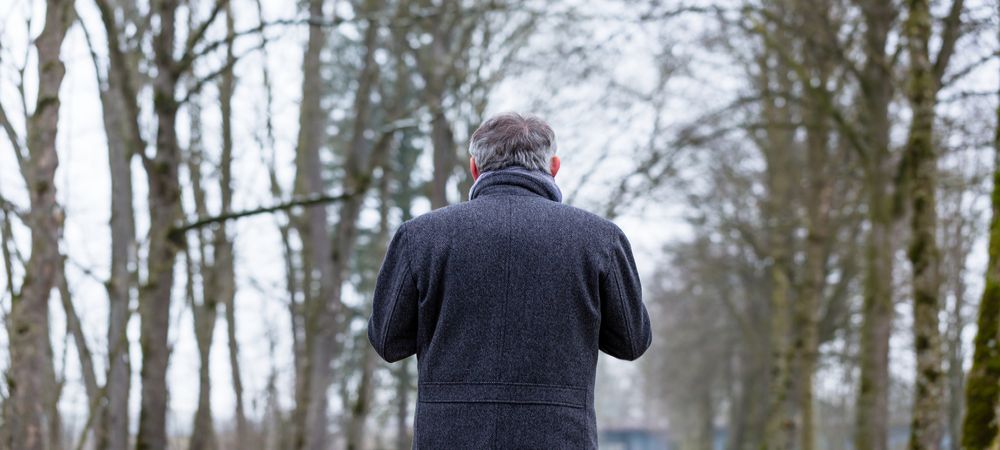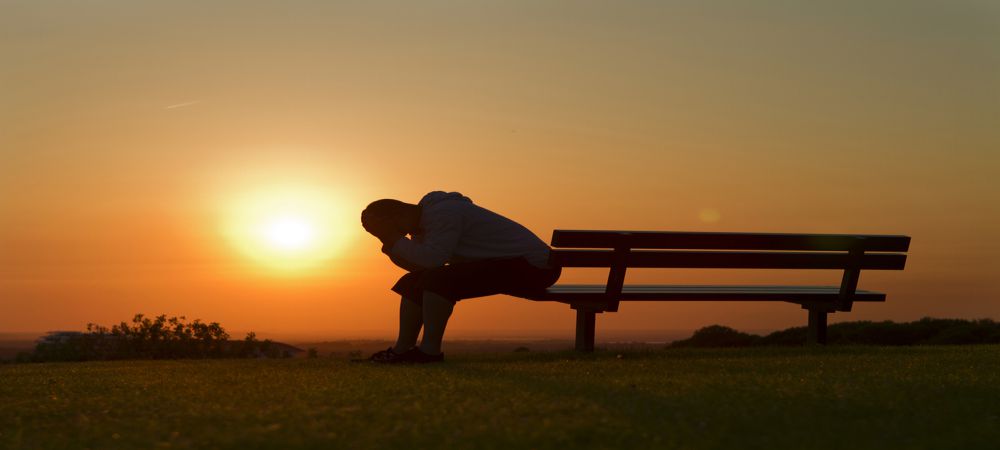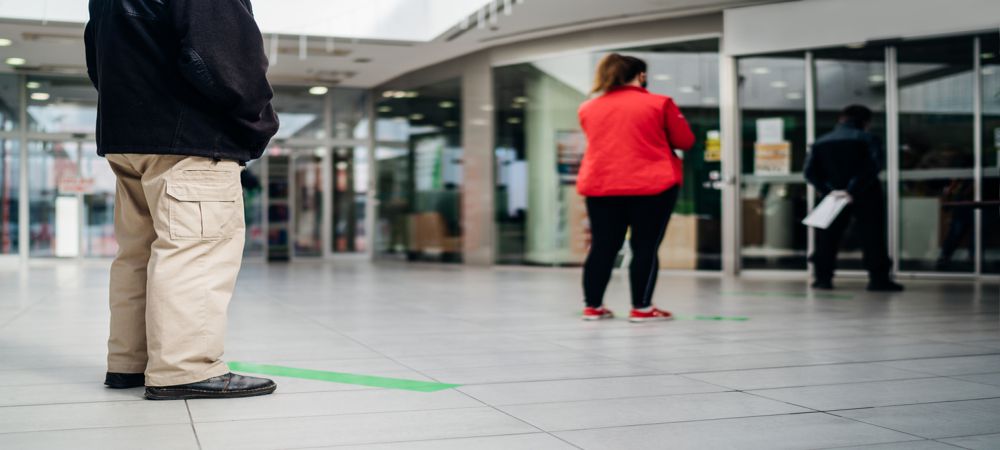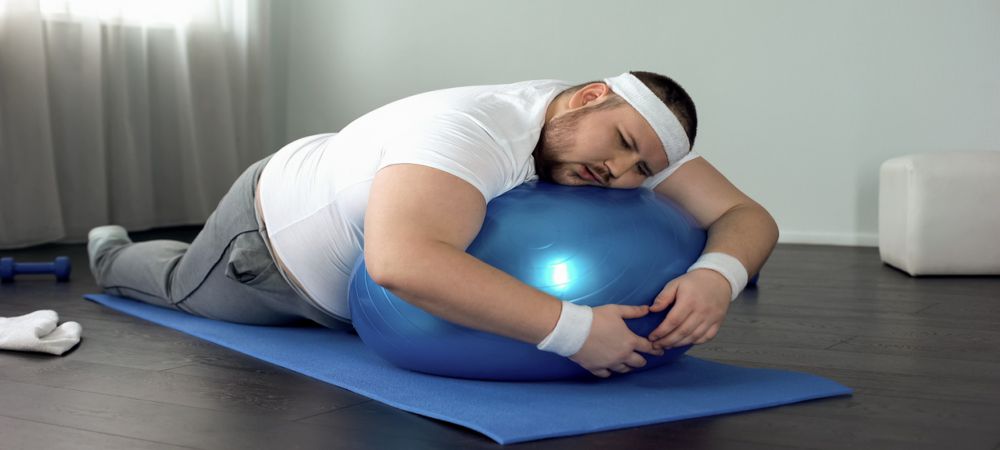Does The Cold Weather Affect Addiction Recovery?
Welcome again to that time of the year when things become cold, slow, icy, and there are many festivities. The time when you hope the cold weather will not affect your addiction recovery. Understandably, you have these worries and you’re afraid that you won’t last the winter without relapsing.
To help deal with these worries it’s imperative for you to understand how cold weather can affect your addiction recovery. When the weather gets cold, it affects not just your body but also your mind.
The way the cold affects your mind is not direct, but it can have a lasting impact on your mind. Remember, the mind is a key part of addiction recovery. In a nutshell, the cold weather can affect addiction recovery.
Winter days are typically short and dull, giving you fewer reasons and opportunities to be outdoors. Also, stress may set in as you try to combine holiday festivities with your everyday life.
This makes it easy for you to fall into the winter slump and experience winter blues. And when the blues get bad, addiction relapse may come knocking.
How Does Winter Affect Addiction Recovery?
The cold weather affects addiction recovery in a lot of ways. While the effects aren’t usually direct, they create situations that can trigger an addiction relapse. These are the situations you need to watch out for.
Relapse triggers caused by the cold weather
Here’s are the important ones:
Seasonal affective disorder (S.A.D.)
According to the Canadian mental health association, about 20% of Canadians suffer from the seasonal affective disorder. A lot of these people have a history with addiction, with some people still in recovery. S.A.D affects most people in winter when the weather gets dull and cold. You can refer to it as seasonal depression.
S.A.D causes people to become irritable, sluggish and unmotivated. You will find people suffering from S.A.D sleeping and eating a lot. Also, they will consume a lot of sweets and carbs while feeling sorry for themselves. If you find yourself exhibiting any of these symptoms at certain times of the year, you may be suffering from S.A.D.
Most of the symptoms of S.A.D are factors that trigger relapse in former addicts and people still recovering from addiction. It’s associated feelings of sluggishness, irritability, and cravings can trigger your addiction urges. This can lead to a relapse if you do not check these urges in the early stages.
Social Isolation
Addicts tend to isolate themselves from people; they keep to themselves a lot and usually avoid going out. You probably keep to yourself because you feel shame for your addiction and don’t want people to know. This is a major symptom of addiction and a major trigger for relapse.
During the cold winter, people usually have fewer reasons to go out. There are numerous holidays, the days are cold and dull, and you want to sleep in all day. Sleeping in all day by yourself means you will spend a lot of time alone. When you spend too much time alone, you have more time to entertain negative thoughts.
Negative thoughts give birth to negative habits, or in the case of addicts, bring the negative habits back to life. The cold weather can affect your addiction recovery when it forces you to spend too much time alone indoors. And, too many negative thoughts can trigger an addiction relapse.
Stress
This is not very common, and you may be wondering how can I even get stressed in winter? The thing is, there are a lot of holidays and fun activities during winter.
However, it is difficult to do these things because of the cold, the ice and the snow. By the end of the usually short winter days, you will feel like you had a long day.
Winter days are typically short, but it is harder to get things done on winter days. And you usually have a lot to do on these short days. Unless you decide to be lazy, it is hard to escape that stress.
Stress is a common trigger for relapse. You’re more vulnerable to indulging in your old habits when you’re tired.
Low energy
Yes, winter blues are a thing, and they’re pretty common among people recovering from addiction. Cold days are dull days; what do you get when you add cold and dullness? Low energy! This is just you resonating with the dull energy in your environment; it is normal.
You’re not depressed, you’re just feeling lazy, tired, and everything feels like a drag. If this is a constant feeling for you, you should seek addiction treatment in Vancouver to prevent it from triggering your addiction.
On days when you lack energy, you generally want to spice things up to get back in your groove. That’s when the thoughts of going back to your addictions pop up. You start remembering how fun your addiction was, and this triggers the relapse cycle.
Related article: How Getting Outdoors Can Boost Addiction Recovery
Lack of exercise
Unless you’re a fitness buff or have specific body goals, the cold is enough to prevent you from exercising. It is even enough to keep you from walking the usual distances you walk. You’re less likely to go for a walk, try to run or even leave the house at all.
We understand it’s freezing outside, and you don’t want to wade through the snow or brave the cold. Not when you have your warm, comfortable and fuzzy little corner in your apartment. As a result, it’s easy to start indulging yourself in some laziness and stop exercising because of the cold. But do you know what’s also easy?
Falling back into the addiction you’re recovering from! Regular exercises help to keep your mind off your addiction and ignore your urges. But what happens when you stop exercising? There’s nothing to distract you from your addiction while you recover.
Since nothing is distracting you anymore, the urges weigh heavily on your mind. Before you know what’s happening, you’re in the emotional relapse stage, and you’re falling back into addiction.
Boredom
You don’t have to worry about boredom if the cold doesn’t stop you from participating in the usual fun activities you do. However, most people tend to sleep and do nothing on cold days. By the end of the day, you wake up feeling bored and hungry.
When you’re bored, you’re receptive to a lot of ideas —anything that will help get the mood up. This is when the idea of indulging in your previous addiction comes in. You may be able to dismiss it the first time, but it will get harder as you repeat the same cycle for days.
The cold weather will most probably not make you start having your urges or directly cause you to relapse. However, the cold weather can affect your addiction recovery in other ways. It can cause you to experience these triggers, and you will find yourself indulging in your old habits again.
Addiction Recovery in the Winter Holidays
You already know how cold weather can affect addiction treatment and recovery, so you need to take extra care. Try to spend time outside and around the people that make you happy. Exercise, stay active, walk your pet, make sure you do things that will aid your addiction recovery.
Conclusion
Do not underestimate the impact of the cold weather on addiction recovery. The cold weather affects your addiction recovery in many ways (most of them are indirect). Take care to watch out for any of the triggers mentioned above during the winter holidays. Call Inspire Change Addiction Rehab in Vancouver for addiction treatment programs.






